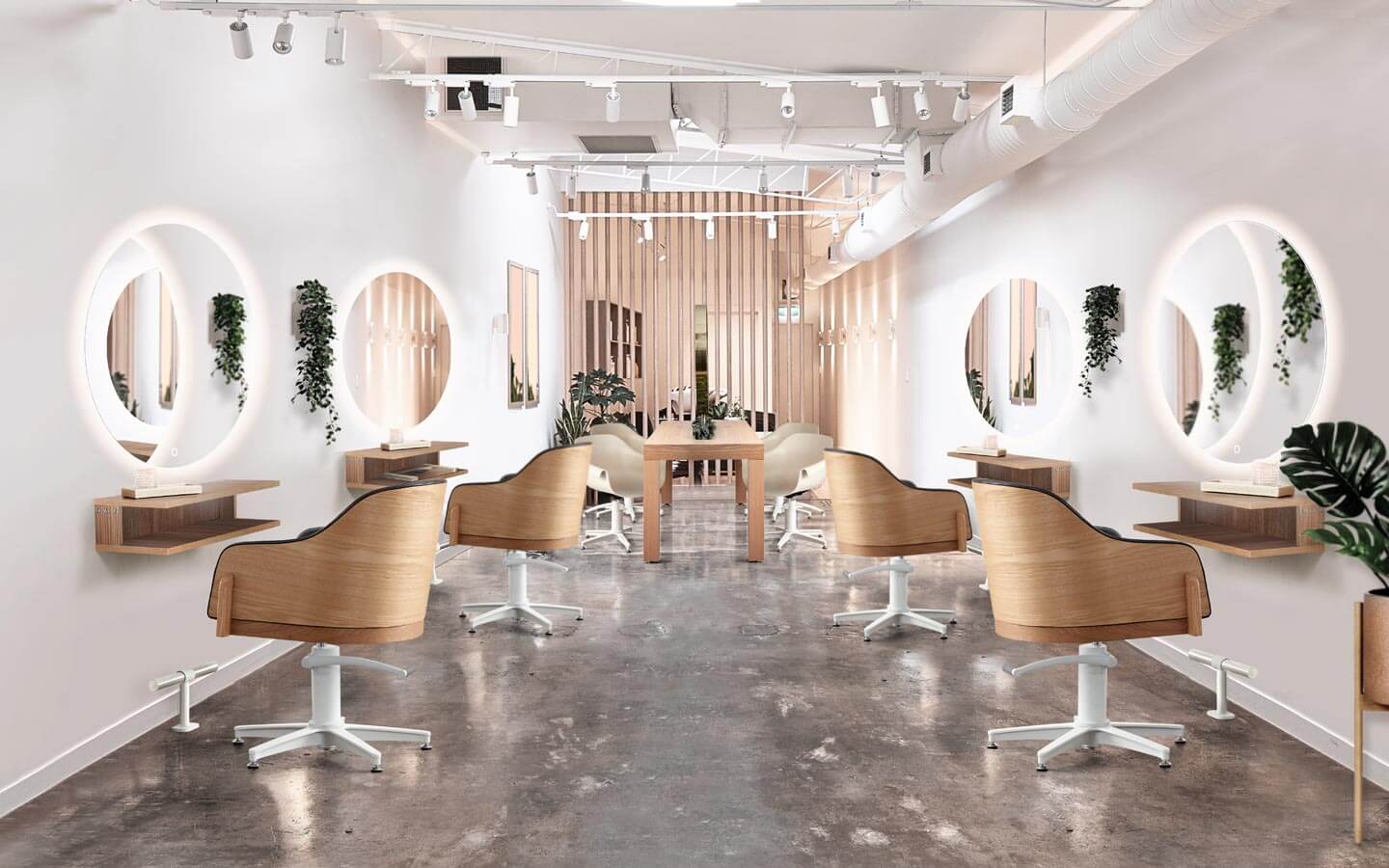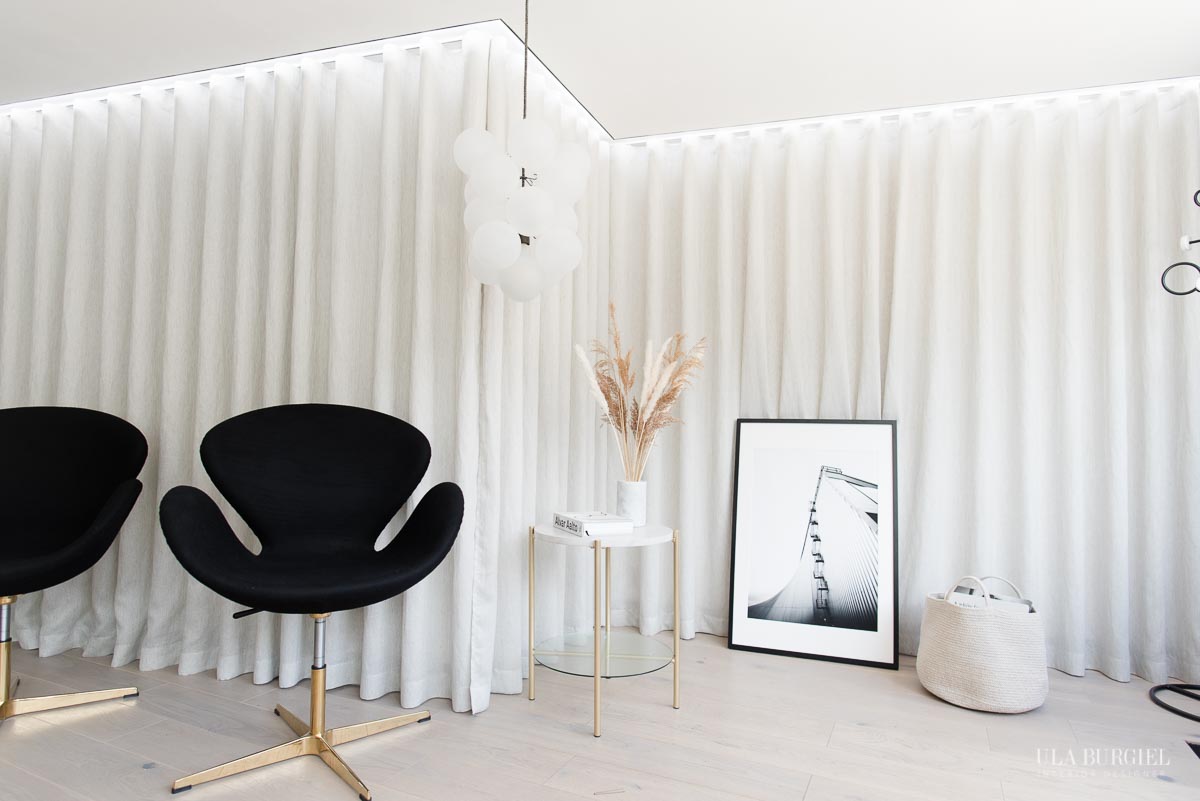
Given that looking and feeling attractive is a primary need for almost everyone, salons are among the most profitable businesses worldwide. However, starting a salon business is a big process, requiring requiring patience and know-how.
With the beauty business valued at USD$511 billion per year, it can be a steady and lucrative income stream if you know what you’re doing. But like any other business, much planning and work is involved to get it thriving. From the capital requirements, to company structures, staff, salon equipment, business name, and marketing, there’s a slew of things you need to get right.
Keep reading to learn all of the essential ingredients you need to succeed.

#1 – Business Plan
A business plan is the first thing you need before starting any business. It contains the objective of your business, outlines how to achieve it, and identifies what needs to happen for the venture to be successful.
A business plan also shows the state of the market in your area, which helps you compete with other businesses. It should also have information on your target audience. All in all, a business plan offers a road map for entrepreneurs to follow toward their success.
#2 – Salon Equipment
Naturally, there are different pieces of salon equipment needed before you can open your doors. They include point of sale (POS) systems, business phone systems, beauty products, sinks, chairs, and many others. The salon equipment you need includes:
- Reception Desk – A stylish reception desk is essential to set the tone of the premises and create a space for customers to book their appointments and inquire about your services.
- Salon or Barbershop Chairs – If you’re opening a barbershop or hairdressing salon, you need comfortable chairs for customers. The chair should move freely to allow you to reach their hair at all angles.
- Mirrors – Salon mirrors serve two purposes: Decorative and functional. When choosing your mirrors, ensure they meet these two criteria.
- Washing Machine And Dryer – Any salon needs this equipment to wash all the towels necessary for servicing multiple clients.
For salons that want to provide maximum comfort for their clients, this site offers electric beds for hair and beauty salons you can check out.
#3 – Licenses And Permits
Salons must be licensed by the local government or the state to operate. However, acquiring licenses and permits is one of the challenging parts of starting a business. There are different licenses that a salon must have, including:
- Salon License: A business license allows you to run and own the business. It can be provided by the cosmetology or the business licensing board in your locality.
- Cosmetologist license: Most states require all beauticians to go for formal training. After the training, you will receive a license, allowing you to operate as a qualified beautician.
- Salon Retail Seller Permit: Salons aiming to sell beauty products should have a seller’s permit. A seller’s permit is a license that allows you to sell products and services in a given state.
- Certificate Of Occupancy: You need a certificate of occupancy when you purchase or rent a space. The information in the certificate states what the building is suitable for and shows if it complies with building rules and regulations.
- Building Permits: If you intend to renovate your space, whether it’s minor or major renovations, you need a building permit to proceed. This permit allows you to do anything you think is best for your business.
#4 – Financing Options
A salon can cost anywhere upwards of $100,000 to establish. If you don’t have the cash, you need different finance options to help fund your salon. These finance options include:
- Microloans: These are small loans for businesses. The available amount can be up to $50,000, but they have short repayment periods. The best thing about this kind of loan is it doesn’t consider your credit history.
- SBA loans: SBA loans are relevant for start-up businesses because they have low rates and fast payback periods. However, you will need a good credit score to qualify for this loan.
- Equipment Financing: This type of loan provides finances for equipment like hair dryers, chairs, and sinks. You may consider leasing some equipment rather than buying it to reduce the upfront cost. Some lenders also offer equipment on credit, where you make regular payments until the equipment is fully paid with interest.
In summary
Opening up a salon isn’t necessarily a walk in the park – there are plethora of requirements needed to start operations. Taking the above tips on board will help make your process of opening a new business somewhat hassle-free.

No Comments